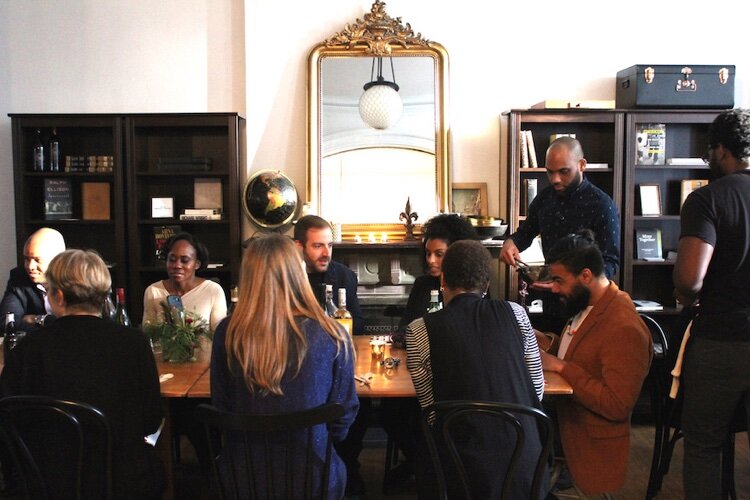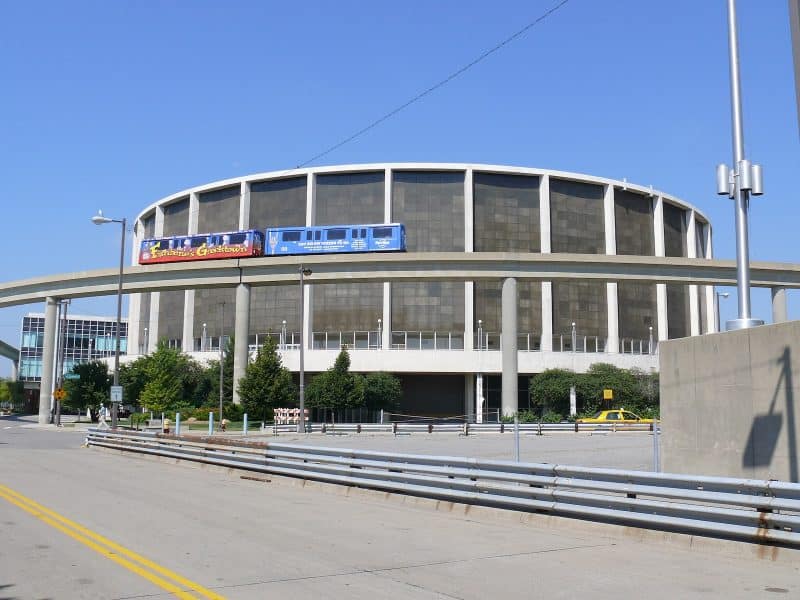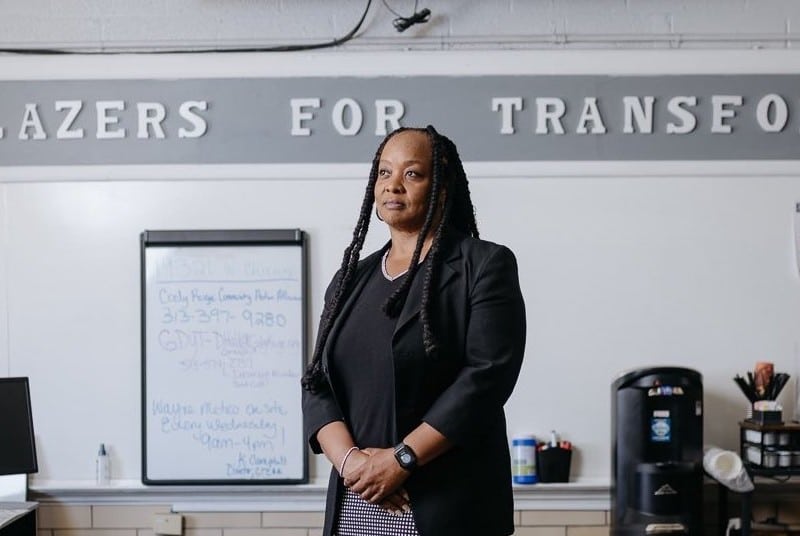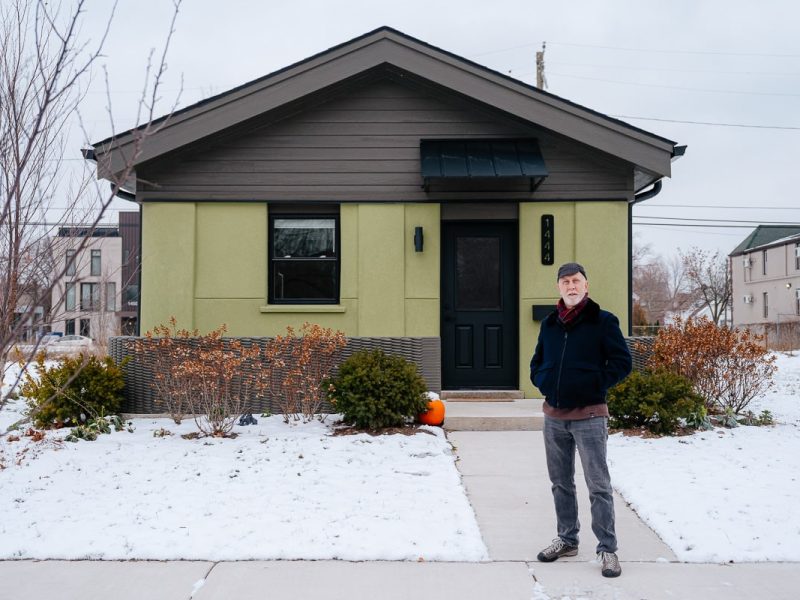‘Pay attention to people and relationships’: Claire Nelson reflects on the UIX: Detroit project
Looking back and catching up with Claire Nelson, former director of UIX: Detroit and founder of the Urban Consulate.

This marks the first in a series of articles looking back at the Urban Innovation Exchange: Detroit project. Launched in 2012, UIX: Detroit combined storytelling with data to better understand and further along innovative place-based projects in the city. Here, we catch up with Claire Nelson, former director of UIX: Detroit and founder of the Urban Consulate.
Looking back, one of the things Claire Nelson remembers most about Urban Innovation Exchange is an early conversation with Tom Brennan, co-founder of Green Garage, the sustainable co-working space in Detroit.
Urban Innovation Exchange, or UIX: Detroit, was launched in 2012 to not only document and feature the people affecting change in the city but to better learn how to connect them with each other and the resources necessary to ensure their success. The project, funded by the John S. and James L. Knight Foundation, partnered Model D’s parent company Issue Media Group with Data Driven Detroit to provide the stories and qualitative analysis, respectively.
As director of UIX: Detroit, Claire Nelson found herself in a lot of conversations about terminology. What exactly is an innovator? How do you identify impact and, even more difficult, how do you go about measuring it? It was one of those conversations with Tom Brennan that helped put things into perspective.
“We were talking with Tom about this project and he was kind of dubious when we were talking about impact. He said, ‘Pay attention to relationships — pay attention to people and relationships. That’s what’s important’,” Nelson says.
“I think about that all the time.”
With the Urban Innovation Exchange, it was the exchange of ideas, the connecting of people, that was just as important as the innovations themselves. It’s in that space where the Urban Consulate lives, the organization Nelson founded in 2016. The Consulate isn’t so much a place but a facilitator of conversations about place. They have since hosted hundreds of conversations, forums, and talks in Detroit, Austin, Chicagoland, Cincinnati, New Orleans, and Philadelphia.
Events hosted by the Consulate explore a wide swath of issues but stay rooted in the idea that focusing on people, and not just the built environment, is key to building better cities. One upcoming event, for example, has the Detroit Consulate bringing in Orlando P. Bailey to host an Energy, Environment & Racism virtual forum on Wednesday, June 23. Past events have examined topics of food and race, immigrants in the city, and more.
“I think the work is being done when we’re bringing people together in more intimate settings and they can share their full humanity. Not just like, ‘Okay, here’s my PowerPoint presentation of the impact we’re creating in my project,’ but to say, ‘What are we struggling with?’” Nelson says.
“We ask people to come to the Consulate with a question that they’re seeing in their work, that they feel like they want to explore. And those questions are about really human things like identity and belonging and connection, and how people are being valued or undervalued.”

In providing a forum for open, thoughtful discourse, Nelson’s Urban Consulate ensures that discussions about building a better city — be it Detroit, Philadelphia, or elsewhere — take into account the experiences of the residents themselves. These are not just staid presentations on the benefits of wider sidewalks or improved bicycle infrastructure but challenging yet rewarding conversations about who we are as a community and where we are headed.
“I think part of it is, even before we can create better cities, it’s building better people. It’s looking at our own selves and then looking outwards to other communities,” Nelson says.
“We’ve shifted over time to what people need. We’ve always talked about racial equity but this last year, we’re having more of those conversations.”
As for Nelson herself, she’s since moved to New Orleans, running the Urban Consulate from there. Prior to the COVID-19 pandemic, she was regularly visiting Detroit for Consulate events and to visit the friends she made while living here. It’s a place she still thinks of every morning when she wakes up, she says.
The COVID-19 pandemic has also changed the ways in which the Consulate operates. With indoor gatherings curtailed this past year, the Consulate was no longer able to host the inspired conversations for which they’ve come to be known. Like many an organization, the Consulate has instead shifted to hosting virtual forums. Some positives have developed from that pivot, however.
“What’s been fascinating is that the walls between our cities have fallen a lot and we’re having more people come from all over the country. We’ll have a talk in Cincinnati and we’ll have people from Los Angeles join in the conversation,” Nelson says.
“What’s interesting about that is that there are issues that are about specific places, but there’s a lot of conversations that need to be had that are true everywhere. You start realizing these issues are not unique to your place.”





